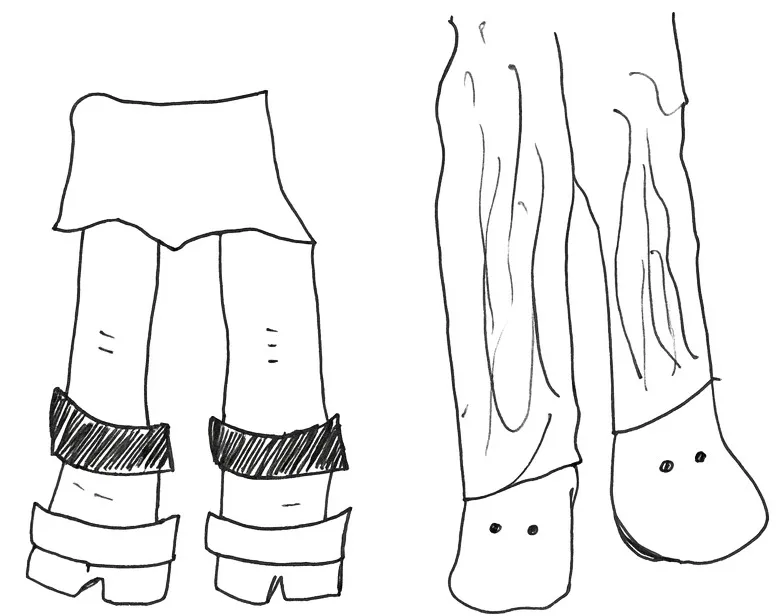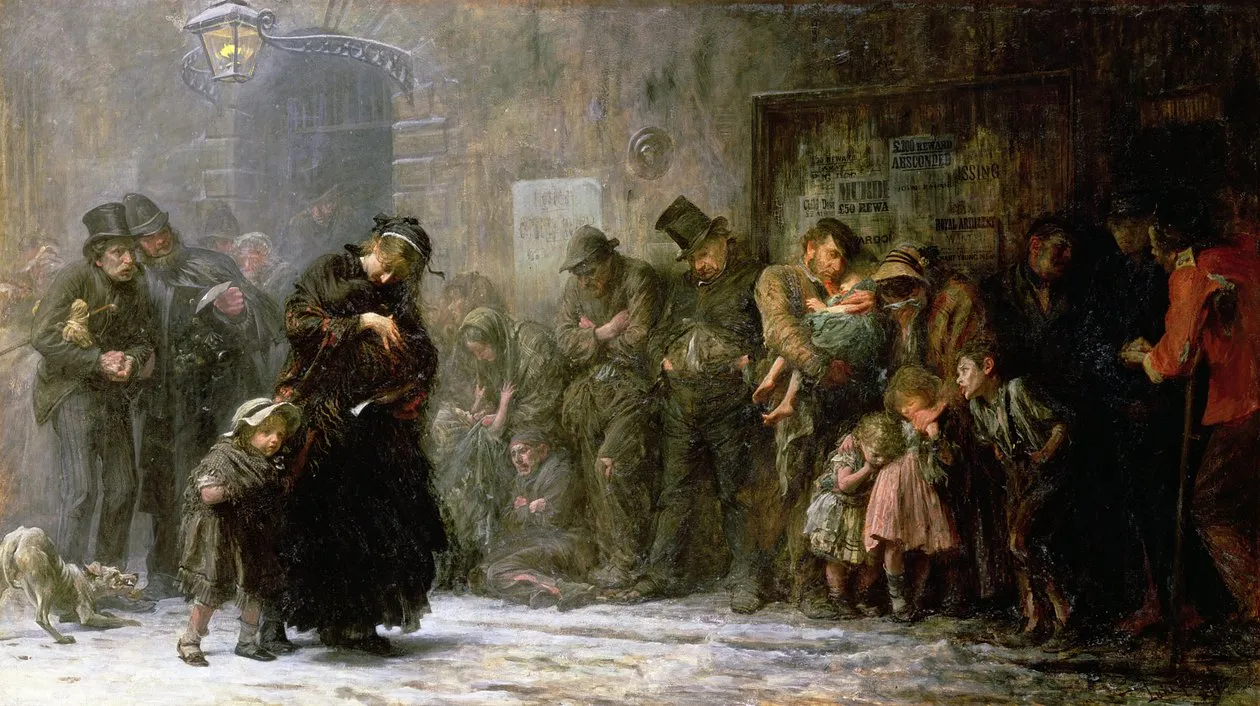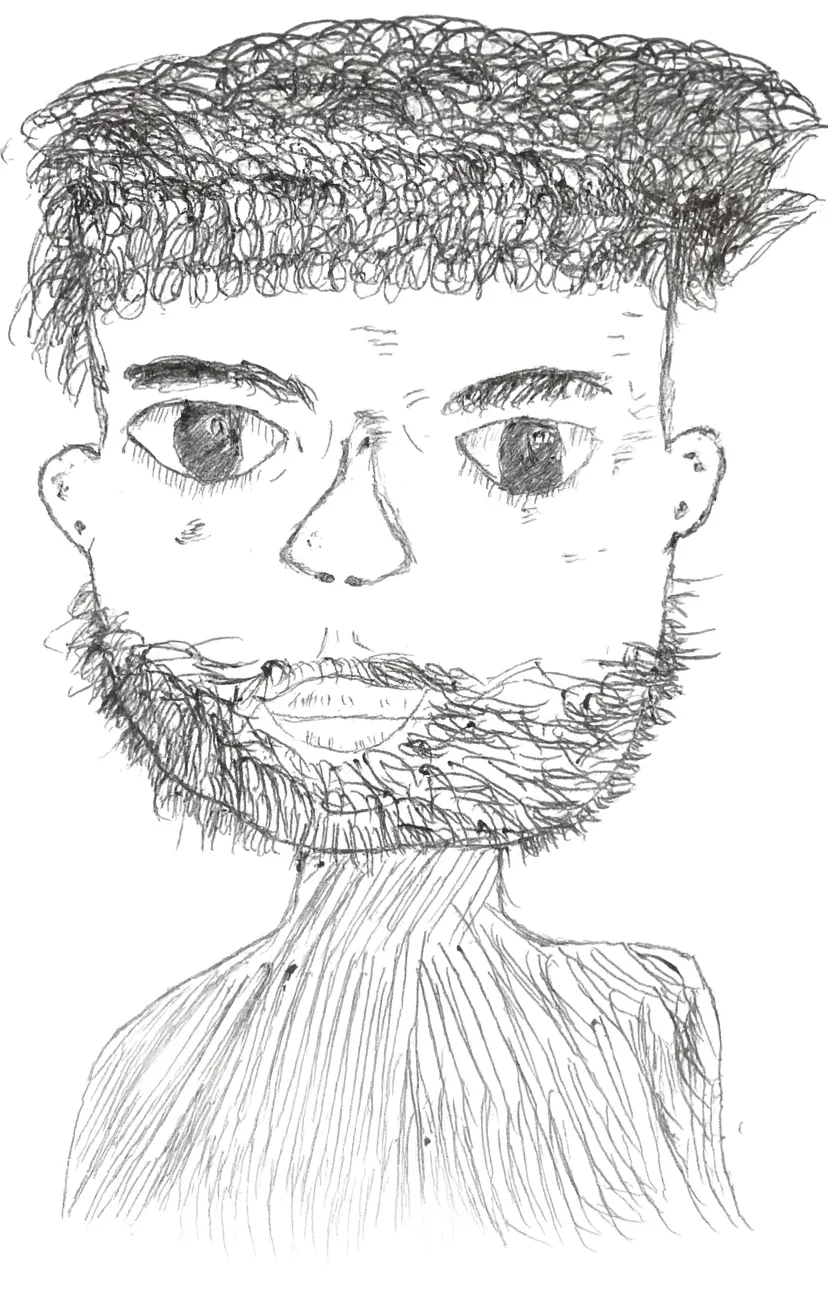Bastards and their yellow teeth.
Why aren't we adopting?

In the 1830s, we would farm babies. Barley, cabbage, babies. The crops that would wail.
If you were destitute, you went to the workhouse, there you picked apart oakum. Fibres split your fingertips into red fissures. Your back bends nine hours, for bread and gruel. All your dreams happen in a wooden box.
But if you could find work, you could escape this place. You became a servant, or a factory girl in Manchester, or you made lace by candlelight until your eyes burned.
Your stomach grew under the apron. So you pulled a shawl tighter around the shoulders. Yet you are not getting any lighter. One day the employer calls you into his office, and you try to hide her. But those boots leave dirt on his floor, mud and your last belonging to this place.
The New Poor Law of 1834 makes a bastard the mother's responsibility until it turns sixteen, the father owes nothing so he disappears. His beautiful seed shall be fruit enough.
You stood outside the workhouse gates again, this time carrying your baby. Where is the sound of the hammers on the stone? There is only silence this early in the morning, silence filled by the roar of a child. Tears soaking your dirty clothes. Salt in your mouth, on the lips.
Do you walk through these black iron gates, where your back will finally break, and now your child joins you in the wooden box?
Birchwood.
Or do you farm your love?

In the penny papers, there it says:
NURSE CHILD WANTED - Widow, Christian and kindly, will gladly accept charge of an infant. Any condition received, the frailer the better. Terms fifteen shillings per month, or adoption outright for twelve pounds. The child will not trouble its mother again, nor trouble anyone.
The child would not trouble because it would be killed. Drugged the babies with laudanum. Starved them. Wrapped the bodies in news; into the Thames. For twelve pounds, problems do disappear.
Some babies survived. You were one of them. You grew up and became a factory girl, threading needles. Then your belly grew.
But now it is 1926. Baby farming is illegal. Adoption is legal. Yet you are still too poor to be a mother. You might be married now. The father might be beside you. Yet it doesn't matter. The court takes your child, because your pockets hold lint.
In Birmingham, 600 children are taken from mothers like you, and in the rest of the country 12000, and in the workhouses where there is weeping, and in the factories where you breathe cotton dust, and in the back alleys of Shoreditch where rats know every child's name and no photos have ever been taken, and in the villages of Yorkshire, and in the towns of Cornwall. Between sleeping and waking, you realise they are taking everyone's children.
These kids are sorted in homes, waiting. This one picked for his looks. Pretty face. The adoptive parents want respectability, a complete family for their new house. A suburban dream. But they cannot bear the shame of adoption, of infertility, of taking someone's bastard. So they will never tell the truth to the ones they rescue.
Your son is handed over at a station. You are made to watch this. A transaction between some strangers. Words, coins, and then the steam. You almost want to reach for him -- but your hand is in the air already. Wave goodbye. Good mother. Wave goodbye.
And now you are born again. A new name, your new history. Whatever you were does not exist. Good boy, they said when they handed you.
Good boy.

Robbie and I step into a Glaswegian's imagination of a Korean restaurant. In here, you do not talk to the staff. You order at a giant glowing screen, staring at it like a departure board.
Robbie does stare. He is transfixed by the menu screen. Paralysed. His brain slides down his spine. Twitch, twitch. He taps the screen to order with whatever charge is left in his body.
The place is a hallway with the kitchen at the end, staff contorting bum-to-bum to squeeze past each other. The music is not Korean but Sabrina Carpenter. Soy-glazed tofu with fries is handed to us by a woman with a heart tattoo on her cheek. The food is meant to be photographed. The owner is there, waiting, perched at the counter, hoping I'll take a photo. He hopes we'll share it. He hopes our friends will try this place. He hopes a queue will burgeon tomorrow. I hope he knows I know his hopes.
This might be the last time I see Robbie.
As we eat, we talk about pets. What are my feelings about cats being on leashes?
'Is this a controversial topic?' I take a fry.
We go back and forth, and then land on children. He takes a fry.
'Do you want children, Robbie?'
He shrugs.
'I don't know, you know? Why ruin your working life with a baby?'
Robbie does not feel the evolutionary need to spread his DNA.
'Maybe I'd adopt. There are so many kids out there without a home, without love. What is the point of creating my own?'
But then it dawns upon us. Neither of us know anyone who's been adopted. How could this have happened? Between us, we must know millions of people.
Where did they all go?
During home visit on 11/04/2006, Mr. and Mrs. Clarke reported that Leo (age 11) has directly asked if he is adopted on multiple occasions. Parents have not disclosed adoption status to child. Parents express anxiety about disclosure and state they are 'waiting for the right time.' Worker discussed importance of age-appropriate honesty and provided literature on adoption disclosure. Follow-up visit scheduled for 25/04/2006 to develop disclosure plan.
Maybe I have met them all but they do not know. They all have parents who keep their little secrets, waiting. Waiting some more. Or who never had any intention to tell them. They grow up, and then they grow down, and they do not know.
Or maybe they all do know, but they do not tell me -- a stranger, even among the millions I know. They do not spill it to everyone. It is nobody's business. Certainly not mine. But they are loved.

Are people adopting less? Are the Robbies of the world following through?
Of course, the right thing to do here would be to look at the numbers. But numbers hurt me. With language and writing, there is vast, endless beauty. With numbers, there is nothing but the cold air of precision. Steel of a knife.
But for those who do like numbers, and for my own edification, here is what the data shows:
In 2019 there were 3,590 adoptions from care in England, in 2020, 3480, in 2021, 2890, in 2022, 3000, in 2023, 2960, in 2024, 2980 which is an increase of 20 compared to 2023 if you accept 2960 as the baseline or a decrease of 13 if you accept 2993 as the baseline from the updated tables, meanwhile 220 children sentenced to custody, 70 moved abroad, 60 died, one death per fifty adoptions or one death per four jailings or 2.01% deaths versus 7.38% custody versus 2.35% abroad or custody 3.67 times more common than death or for every child who leaves the country 0.857 children die or one child per 0.02 adoptions or 60 dead 60 which is less than 220 in custody which is more than 70 abroad.
I know. Numbers are tricky, hard to read sometimes. Don't you worry. The bottom line is, numbers go (mostly) down. People are adopting less. And for this you must blame the kids.
For the kids are more broken now -- teeth yellower.
They have been moved between foster homes -- different schools, different bedrooms, different rules. Learned to pack the few things they keep in bin bags, they know how to be quiet in the car, they know not to cry when the social worker says this is the last time, we promise, this is the last time, we promise. They memorise those rules quickly. No shoes upstairs. Dinner at six. Or is it seven? Seven on the weekends. Don't touch the plants. They stop answering when asked where they live.
They wait. Three years. Four years and then five. Age 6 becomes 11. Meanwhile the couples wanting to adopt are always the same age. Come, look, leave.
If children are ever adopted, they come with a hole in their head where history could be - where the story of who they are and where they came from could live. A hole sucking out happiness. They do not know why they are different. They are not told much about their existence. They must carry all those possible parents who were not them, who looked at them and said no.
The kids are sent back to their families sometimes. To houses where reintegration can happen. Cheaper to send them back; family first. These kids are hopeless anyway.
You take your grandson into your house. You are frail and old now. Once you were handed over. Now your grandson is handed to you. Good boy, they said then. Good grandfather, they say now. The flat has one bedroom. The two of you sleep there. In this wooden box. The council home where green spores and gravy fill the nostrils. There is no adoption allowance. But this is a stable home, built on love. Just love. Just the harsh white light that shines on the wooden floors.
Get new posts by email